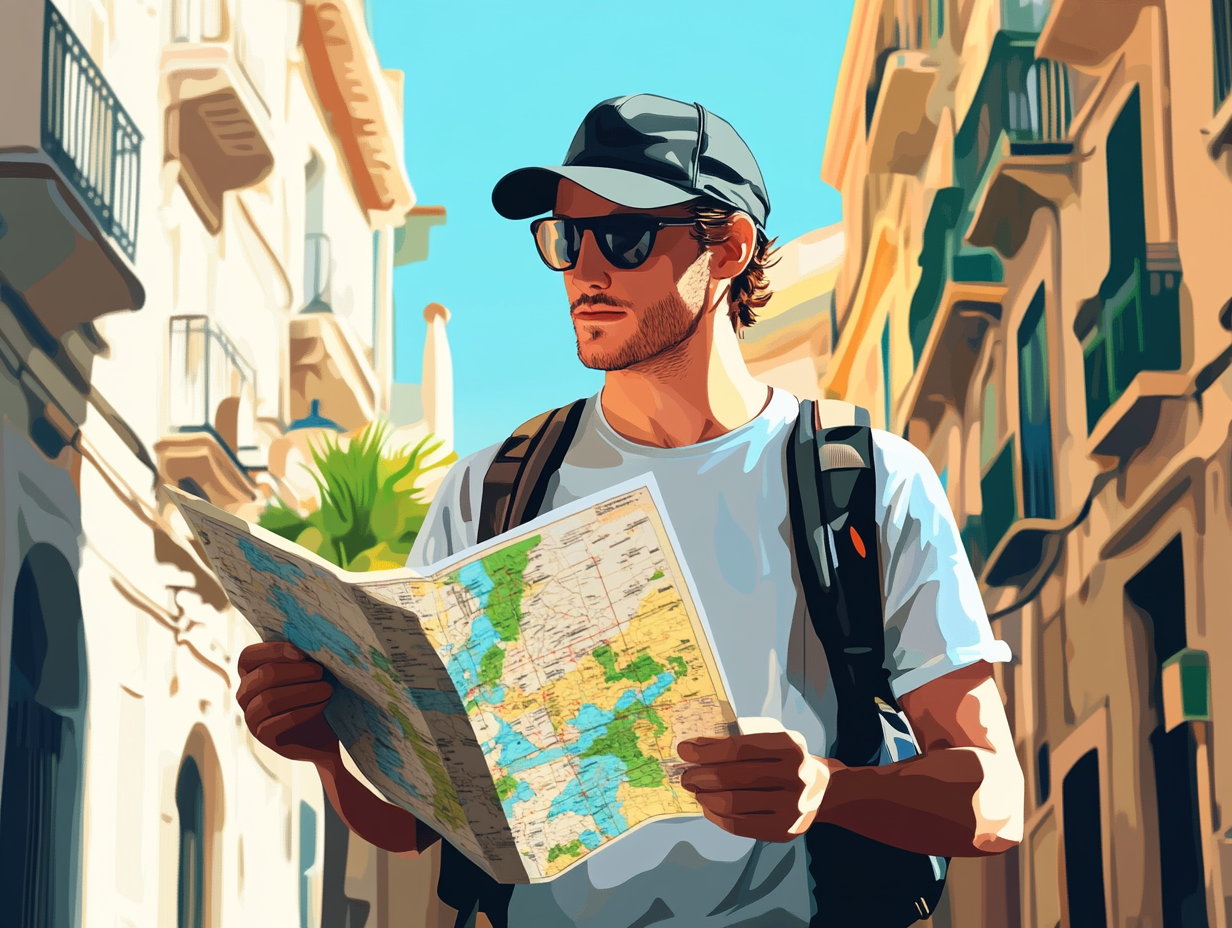How to travel cheap: 5 smart hacks to save money on your next trip
Let’s agree that travelling can be a costly affair, but if planned right, you can save big time! You won’t have to break the bank to explore a new place or country if you smartly plan your trip. You can cut costs significantly without sacrificing the quality of your trip.
Here are five smart travel hacks that can help you save money on your next trip.
1. Book flights in advance
The maximum amount goes into flight bookings but if your timing is on point, you can book flights at a cheaper rate. There have been studies from several top travel search engines which prove that buying tickets 1–3 months in advance for domestic flights and 2–8 months for international trips often gets you the best prices! Booking midweek flights can also be cheaper than weekends.
2. Pack light to avoid extra fees
These days most airlines are charging insanely for checked bags, and even some carry-ons. Traveling light can save you a surprising amount so choose a carry-on backpack and stick to essentials. Pack light and try to carry one luggage. Also you can carry your own snacks and a reusable water bottle (fill it after security).
3. Choose homestays/hostels
Next where your big money goes is hotels which can be expensive. Consider booking a homestay, tourist hostels or lodging. If you’re open to cultural exchange, there are many websites which allow travellers to connect with locals who offer a place to stay, offering an immersive travel experience.
4. Travel reward programs
Credit card travel rewards and airline loyalty programs can also help you save if you are a frequent traveller. Sign up for cards offering points on travel purchases, or airline miles. Use these rewards and points wisely as these can often cover the cost of flights, hotel stays, or even get you an upgrade.
5. Choose off-season
You can save surprisingly big if you choose to travel during off season. Avoiding peak travel times can lead to significant savings on everything from flights and hotels to tours and dining. Late spring (April–June) and early fall (September–October) will fetch you better offers. Additionally, exploring lesser-known destinations rather than top tourist cities can reveal hidden gems at a fraction of the cost.



